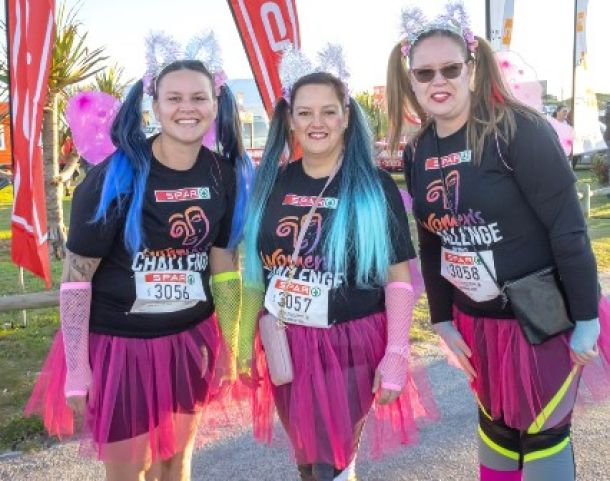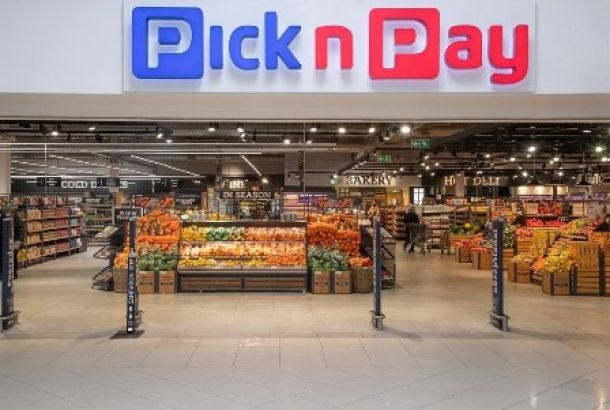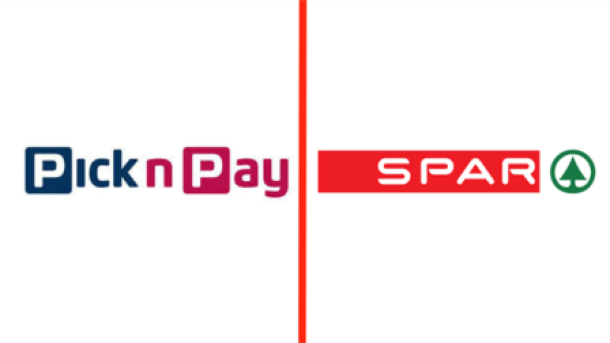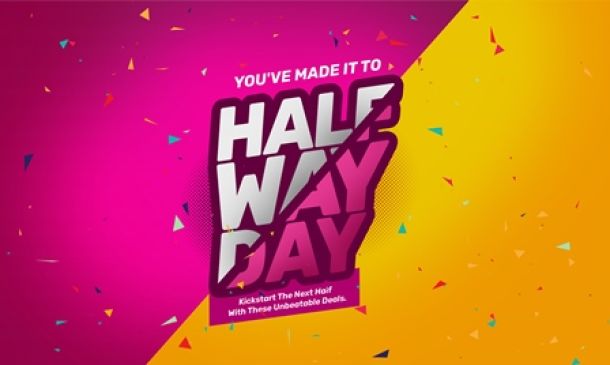
Takealot crushing Makro in online marketing and brand battle
By: Staff Writer – MyBroadband
Google Trends data shows that Takealot is doing a much better job than Makro in terms of marketing and building an online brand.
Google Trends provides access to a largely unfiltered sample of search requests made to Google. This data can be requested for a specific country.
It provides a window into what people are searching for and the trend of whether a company’s search activity is increasing or decreasing.
Amazon’s imminent launch in South Africa raises the question of which retailers are best prepared to compete with the world’s largest e-commerce player.
Although Amazon’s biggest impact will be on online retailers, brick-and-mortar shops are also at risk.
MyBroadband analysed the Google search trends for South Africa’s biggest online retailers — Takealot and Makro.
Makro’s five-decade history in South Africa started in 1971 when it opened its first store in Germiston.
In 2011, Makro owner Massmart merged with Walmart, the world’s largest retailer. As part of this merger, Makro expanded its offering with more variety and lower prices.
Three years later, in 2014, Makro released its e-commerce platform. Massmart invested millions in this platform to take on Takealot.
Since its humble beginnings 53 years ago, Makro has 22 warehouse stores across South Africa and a vibrant e-commerce marketplace.
In comparison, Takealot was only launched in June 2011 following the acquisition of Take2, an online retail company started in Cape Town.
Backed by large investors with deep pockets, Takealot invested billions to become the dominant e-commerce platform in South Africa.
Along the way, Takealot merged with Naspers-owned Kalahari.com, acquired Mr Delivery to secure its logistics network, and bought Superbalist.com.
The acquisitions bolstered its market share and brought valuable e-commerce skills into the company.
Takealot started on the back foot in brand awareness against Makro because of the latter’s 40-year head-start.
However, Takealot launched aggressive online marketing campaigns to build its brand and attract new customers.
Takealot has also effectively partnered with South African media companies and built its brand through organic and sponsored content.
Through its effective digital marketing strategy, it became the dominant e-commerce platform in South Africa.
Makro, in comparison, were less effective at promoting its brand, especially among South Africa’s online community.
This means Takealot has a much better presence online, with a stronger e-commerce brand and more loyal customers.
This is a significant benefit when competing with international e-commerce giants like Amazon, Temu, and Shein, which are growing their presence in South Africa.
Google Trend comparison
The Google Trends data between June 2011, when Takealot launched, and April 2024 clearly illustrates how Takealot overtook Makro in brand awareness and search traffic.
Related Articles

New Women’s Challenge slot puts ‘spring’ in ste...

Pick n Pay’s R4 billion rights offer ready to go

Markets cheer turnaround efforts of Pick n Pay ...

Pick n Pay lays down terms for R4bn rights offer


